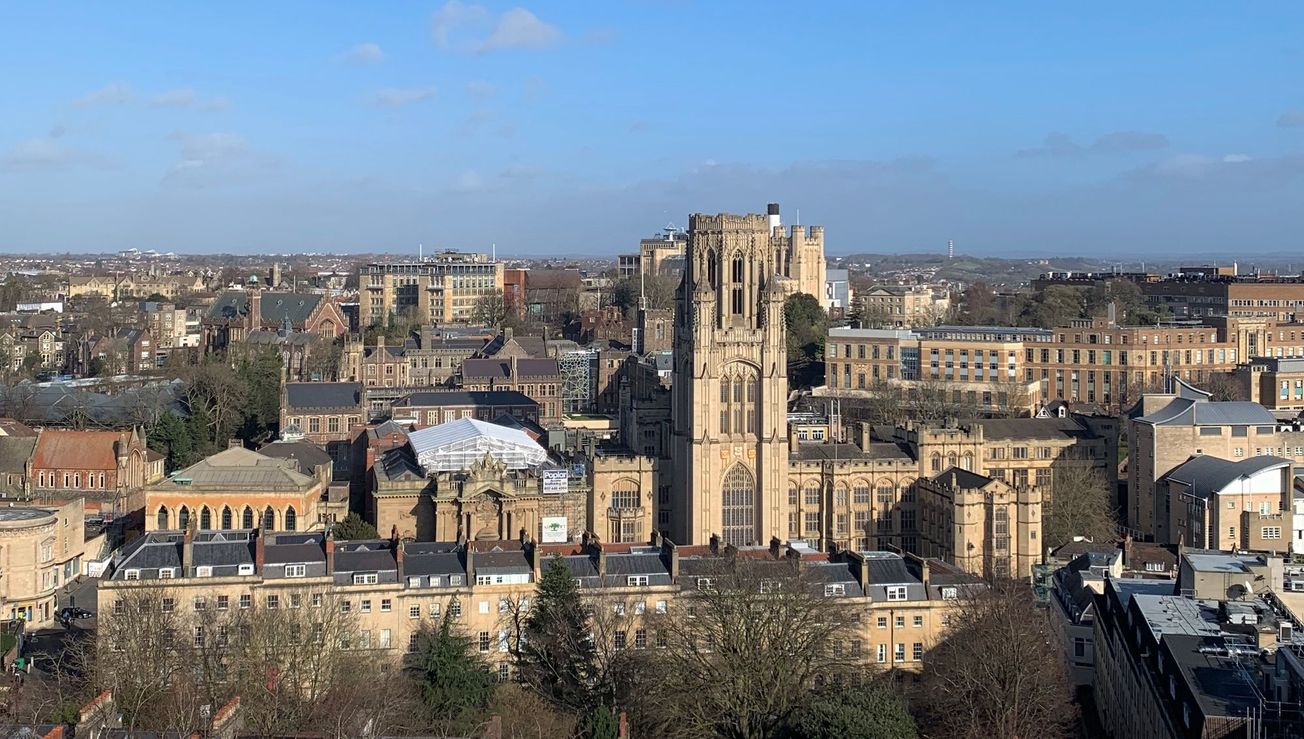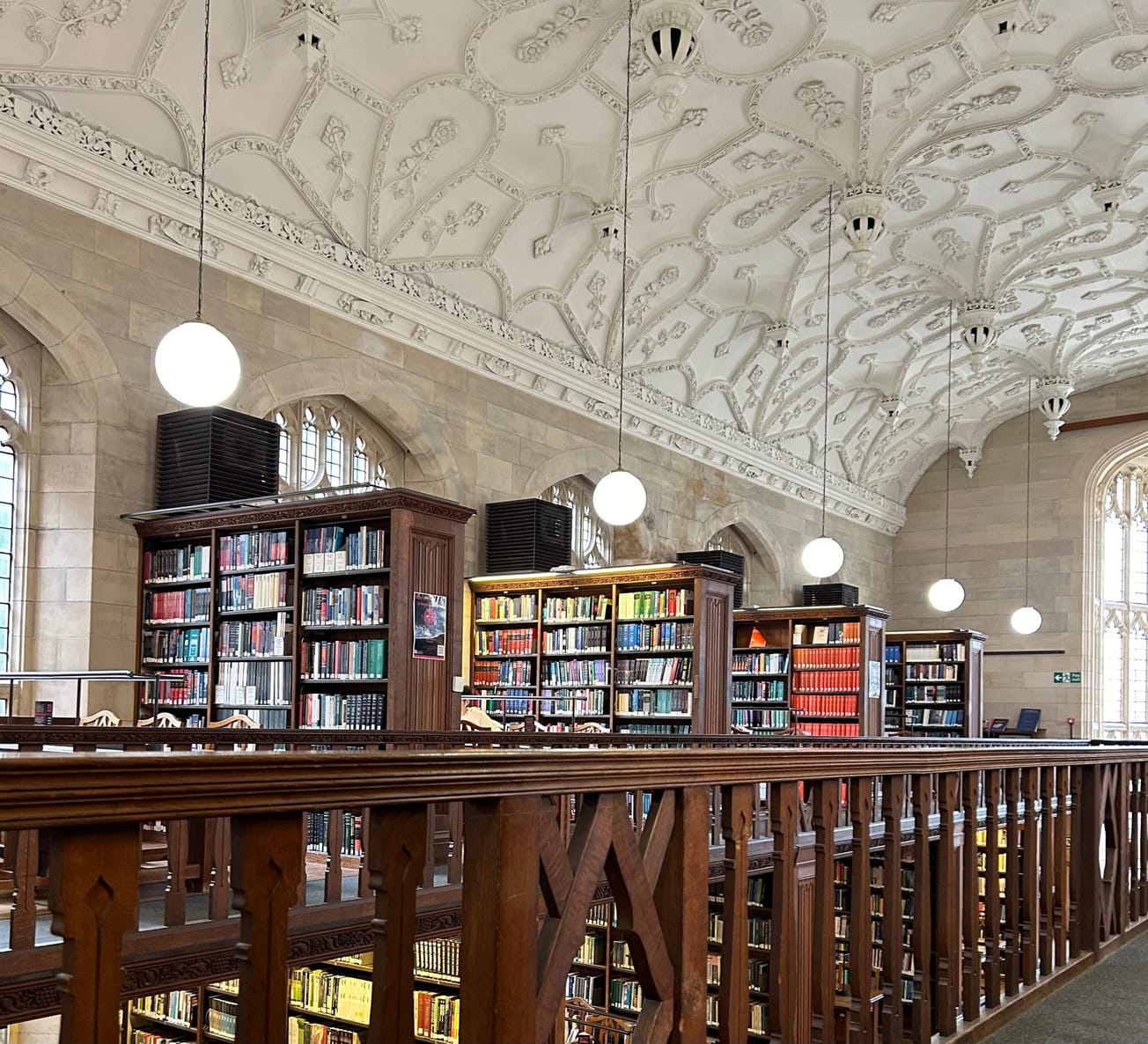By Lowri Lewis, Opinion Columnist
Black students applying to the University of Bristol are over 10% less likely to receive an offer than white applicants. The urgency with which this issue needs to be addressed cannot be stressed enough.
In its press statement responding to the Black Lives Matter movement, the University said: ‘In the past five years we have seen a 44% increase in BAME student enrolments, and we are committed to continuing this work to further diversify our student intake.’
This gives the impression of an enrolment process which is particularly inclusive.
Yet according to UCAS, the ‘average offer rate’ is 66.8% and 77.2% for black and white students respectively. As a result of this, the student population in Bristol is 2.4% black, even though black people constitute 3.3% of the population in England and Wales. Moreover, white people have a higher offer rate than any other ethnicity. Therefore, there is in fact a lot of ‘work’ to be done before Bristol Uni can consider itself an institution with equal opportunities.
Sadly, we are by no means the only University failing in its duty to admit students irrespective of their ethnic background.
Russell Group Universities as a whole are less likely than their less ‘prestigious’ counterparts to offer places to black and minority ethnic students. Should we really be in a situation where it seems like more ‘prestigious’ simply means ‘more white’?
There is in fact a lot of ‘work’ to be done before Bristol Uni can consider itself an institution with equal opportunities
Our University needs to be a force for change in ending this problematic connotation.
Thankfully, steps are being taken to deal with the disparity in Bristol’s offer rates. According to the Access and Participation plan, over the next five years Bristol Uni will be building upon their past use of ‘financial support’, ‘outreach and contextualised admissions’ with ‘a range of new [...] interventions’.
These ‘interventions’ won’t only focus on increasing the diversity of the student population. They’ll also aim to ensure that once you’re accepted to Bristol, ethnicity will not be a barrier to achieving your potential, both during and after your degree.
We are still at a point where whiteness is an advantage
It does seem like previous efforts of this kind have been somewhat successful. As mentioned in the Uni’s press statement, there’s been a substantial increase in the enrolment of ethnic minorities in the past few years. And it’s certainly known that ‘financial support’, for instance, can be the difference between going and not going to University for those who are unable to apply for student finance despite having grown up in the UK. It wouldn’t be a stretch, therefore, to assume that these new measures are going to result in tangible change.
It’s likely that any progress resulting from the Access and Participation plan will be slow, though. In the period that the Uni saw an increase in BAME student enrolments, there was also a rise in the enrolment of white people. Of course, this rise isn’t a bad thing in itself. It just means that unfortunately, narrowing the gap in offer rates is a race in which the finish line just keeps changing.
That being said, the Uni has stated that it intends to make progress ‘faster’, and there are indeed changes being made which demonstrate a desire for real improvements to be made without delay.
Student Council: motion put forward for full-time BAME Officer
Extenuating circumstances to be offered to students impacted by BLM movement
A few weeks ago, they made good on their promise to start removing ethnicity as a barrier to achievement when they established ‘events relating to the Black Lives Matter movement’ as an extenuating circumstance. This came thanks to SU Officer Hillary Gyebi-Ababio’s hard work.
And the SU hasn’t stopped there – a short while ago, the student council passed a motion to introduce a full-time BAME officer.
Coupling these more recent developments with what’s already been put in place (the plan, and other efforts outlined in the Vice Chancellor’s letter on becoming an “anti-racist organisation”), it seems like Bristol University is beginning to address the impact that systemic racism has had on their institution. However, we are still at a point where whiteness is an advantage.
What the Uni has committed to do going forwards appears promising. Hopefully, they will be making a concerted effort to carry out what they have pledged to accomplish. Because only then will we start seeing lasting change.
Featured: Epigram / Cameron Scheijde
Do you want to see the University of Bristol work harder to enrol more BME students?








